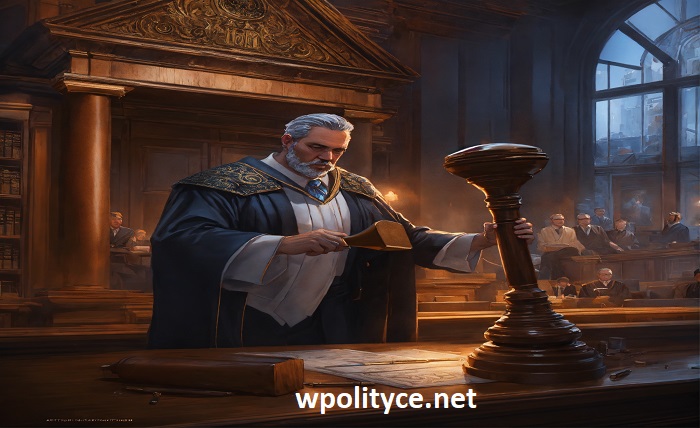The Art of the Deal: Mastering Politics in Magic the Gathering

Magic the Gathering (MTG) is a complex and strategic game, but there’s more to it than just powerful cards and clever combos. In multiplayer formats like Commander, the social aspect becomes a powerful tool. This is where politics comes in – the art of negotiation, alliance-building, and temporary truces to navigate the ever-shifting battlefield landscape.
Why Play Politics?
Politics adds a whole new layer of strategy to MTG. By building relationships with other players, you can:
Eliminate Threats: Team up to take down the biggest threat on the table, ensuring your own survival.
Gain Temporary Alliances: Work with another player to eliminate a mutual enemy, then reassess the situation later.
Draw Cards & Gain Resources: Certain cards and effects reward political maneuvering, giving you an edge.
How to Be a Political Powerhouse
Read the Table: Identify the biggest threats and potential allies based on their decks, actions, and body language.
Communicate Effectively: Clearly state your intentions and be open to negotiation. Avoid making empty threats.
Follow Through: Keep your promises and avoid betraying deals unless absolutely necessary. Trust is key!
Offer Incentives: Can you provide temporary protection, resources, or removal for an opponent in exchange for their cooperation?
Political Power Plays
Temporary Alliances: Team up with an opponent to take down a bigger threat, but remember, these alliances are temporary!
Kingmaking: Help a weaker player eliminate another player, strategically positioning them to become the next target (but not too strong!).
Threat Assessment: Publicly point out the dangers of a specific player, subtly encouraging others to target them.
Choosing the Right Political Tools
Certain cards and commanders in MTG are designed to facilitate political play. These cards often offer benefits to multiple players or create interesting “monarch” mechanics that incentivize deals.
Look for cards with effects that benefit multiple players. This could be card draw, temporary buffs, or resource generation.
Consider Commanders with political abilities. Queen Marchesa, for example, creates a dynamic around the “monarch” mechanic, encouraging deals to dethrone the current holder.
Conclusion
Politics in MTG is a powerful tool that can elevate your gameplay and make victories even sweeter. By mastering the art of negotiation, alliance-building, and strategic maneuvering, you can become a true political powerhouse at your next game night. Remember, the key is to be flexible, trustworthy, and always aware of the ever-shifting alliances on the battlefield. So, shuffle up your deck, hone your diplomacy skills, and prepare to make some deals!
FAQ
- Is lying okay in MTG politics?
Avoid blatant lies, but a little “creative negotiation” can be part of the game.
- What if someone breaks a deal?
Call them out on it! A broken deal can damage your reputation and future political endeavors.
- Isn’t politics just for Commander?
While more prominent in Commander, political play can be relevant in other multiplayer formats as well.




